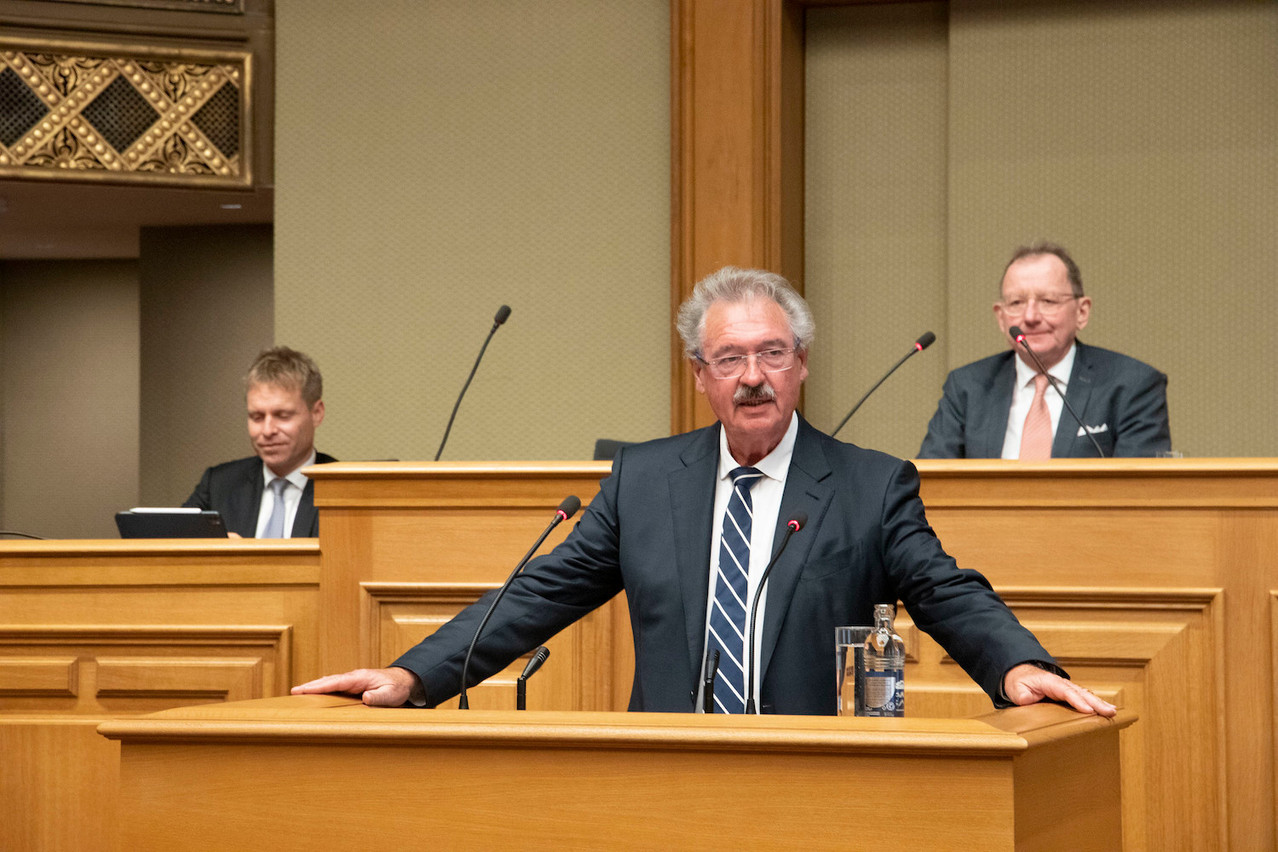Lawmakers on Tuesday discussed the Ukraine crisis in parliament, with Asselborn present to represent the government’s position.
“Luxembourg isn’t standing here with a calculator to figure out it if will take part,” the foreign minister said about potential sanctions imposed by the US as well as EU and Nato countries. “Every country must take part.”
German chancellor Olaf Scholz following a meeting with US president Joe Biden on Monday said that both countries are “absolutely united” on Russia sanctions. The future of Nord Stream 2, a gas pipeline between Russia and Germany is at stake.
“We will bring an end to it," Biden said about the pipeline, developed to supply Germany with energy as part of its decision to not rely on nuclear power and coal. Designed by Russia’s Gazprom, the pipeline would double the amount of gas flowing directly from Russia to Germany.
“Sanctions are an instrument of the diplomacy toolbox,” Asselborn said on Tuesday, acknowledging that penalties against Russia could have an impact on the grand duchy’s position as a financial centre but adding that action could be taken in a number of different areas.
“Hundreds of people are working on sanctions,” he said. “It will be a massive package.” While there are nuances between the positions of EU member countries, Asselborn said that overall the approach in response to the threat of an invasion of Ukraine by Russia is coordinated.
Asselborn welcomed efforts by France to mediate, after French president Emmanuel Macron met with Vladimir Putin in Moscow on Monday ahead of talks with Ukraine’s president Volodymyr Zelenskiy in Kyiv on Tuesday.
Luxembourg’s foreign minister said that armed conflict must be avoided but also urged that Russia’s security concerns must be taken seriously as part of negotiations to re-establish security and stability in the region.
Since 2014, the EU has imposed different sanctions against Russia over its annexation of the Crimea peninsula in the fields of finance, energy, defence and goods. The sanctions are reviewed every six months with the latest package up for renewal at the end of July.
In addition, there are asset freezes and travel restrictions against 185 people and 48 entities in place, up for renewal by 15 March, as well as business restrictions in Crimea and Sevastopol.
